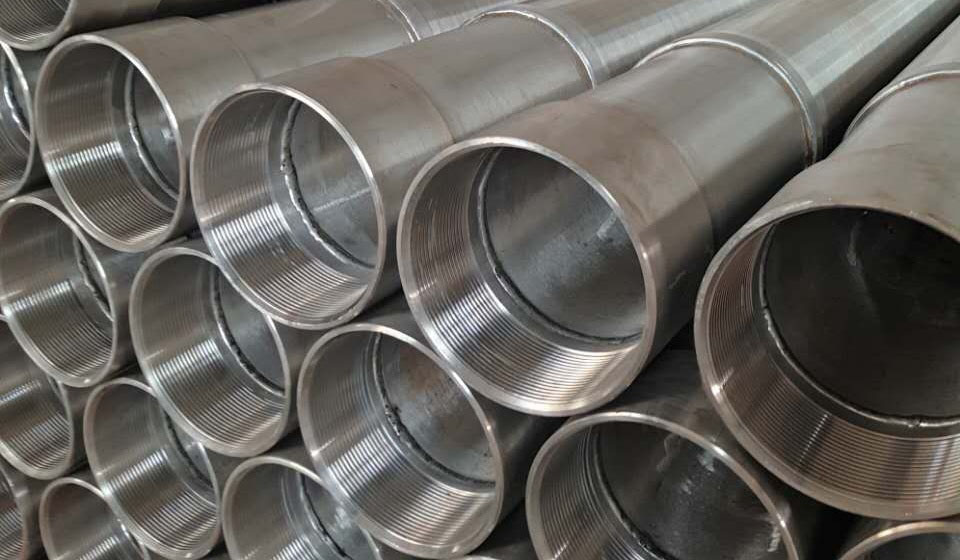Many people think that stainless steel pipes will not rust, but this is not the case. Compared to other metal pipes, stainless steel pipes are indeed more resistant to corrosion, but they are not always free from rust.
The building materials industry often uses stainless steel pipes as water pipes. It can be seen that the corrosion resistance of stainless steel water pipes must be remarkable. So how corrosion-resistant is stainless steel water pipes?
First, take the 316L stainless steel pipe with strong corrosion resistance as an example. Compared with the traditional 304 pipe, the corrosion resistance of this pipe is much greater than that of 304. Generally speaking, 316L stainless steel water pipes are used to install water supply pipes for marine buildings. Although the chloride ion content is high, it is not easy to rust.
At the same time, the 316L stainless steel pipe with strong corrosion resistance is used as the pipe of seawater desalination equipment, which can prevent the pipe from rusting and prolong the service life.
The stainless steel water pipe with an oxide film (Cr2O3) is used to protect the surface to prevent the infiltration and oxidation of oxygen atoms and obtain corrosion resistance. However, direct contact with harmful substances, such as salts, acids, detergents, alkalis, cement, lime, etc., may occur. In addition, the protective film on the surface of the stainless steel pipe is damaged, and the possibility of corrosion of the stainless steel pipe is extremely high.

Stainless steel water pipe rust removal can be divided into physical rust removal and chemical rust removal. Generally speaking, stainless steel water pipes do not rust, and oxides are basically removed with tools. For example, use tools such as wire brushes to polish the steel surface to remove loose or warped oxide scale, rust, welding slag, etc. We can manually draw rusted parts with drawing balls, and we can also achieve the purpose of removing rust.
Chemical rust removal is a pickling treatment by chemical and electrolytic methods. Chemical pickling removes scale, rust and old coatings. The principle is to use the pickling solution to chemically react with the oxides on the surface of the pipeline to achieve the effect of rust removal. Use pickling paste or spray to assist the passivation of the rusted part to form a chromium oxide film and restore its corrosion resistance. After pickling, remove all contaminants and acid residues, properly wash with clean water, grind again with grinding equipment after treatment, and seal with grinding wax.
How to choose a reliable stainless steel water pipe?
1. In the selection of pipe materials, brand products must be selected for purchase to ensure the quality of large manufacturers' products. Now the stainless steel pipe market is mixed, choose powerful manufacturers, have their own production lines, and control the whole process of product quality more reliably!
2.Different regions use different materials. 304 stainless steel pipes can be used in most inland areas, while 316L is recommended in coastal areas. 316L has higher salinity in the air and is more resistant to corrosion than 304.
3. Clean the site before installing the stainless steel water pipe to prevent the construction site garbage from harming the stainless steel water pipe and damaging the surface protective film. Please pay attention to protection when using. When dirt is found on the surface, it should be cleaned immediately, the accessories should be removed, and the external factors of corrosion should be removed.
4. Stainless steel water pipes are used for concealed installation. Currently, many households choose to install water pipes concealed for furniture. The hidden use environment is complex, and impurities such as cement and lime are easy to rust. The anti-corrosion pipe should be properly selected according to the use environment!